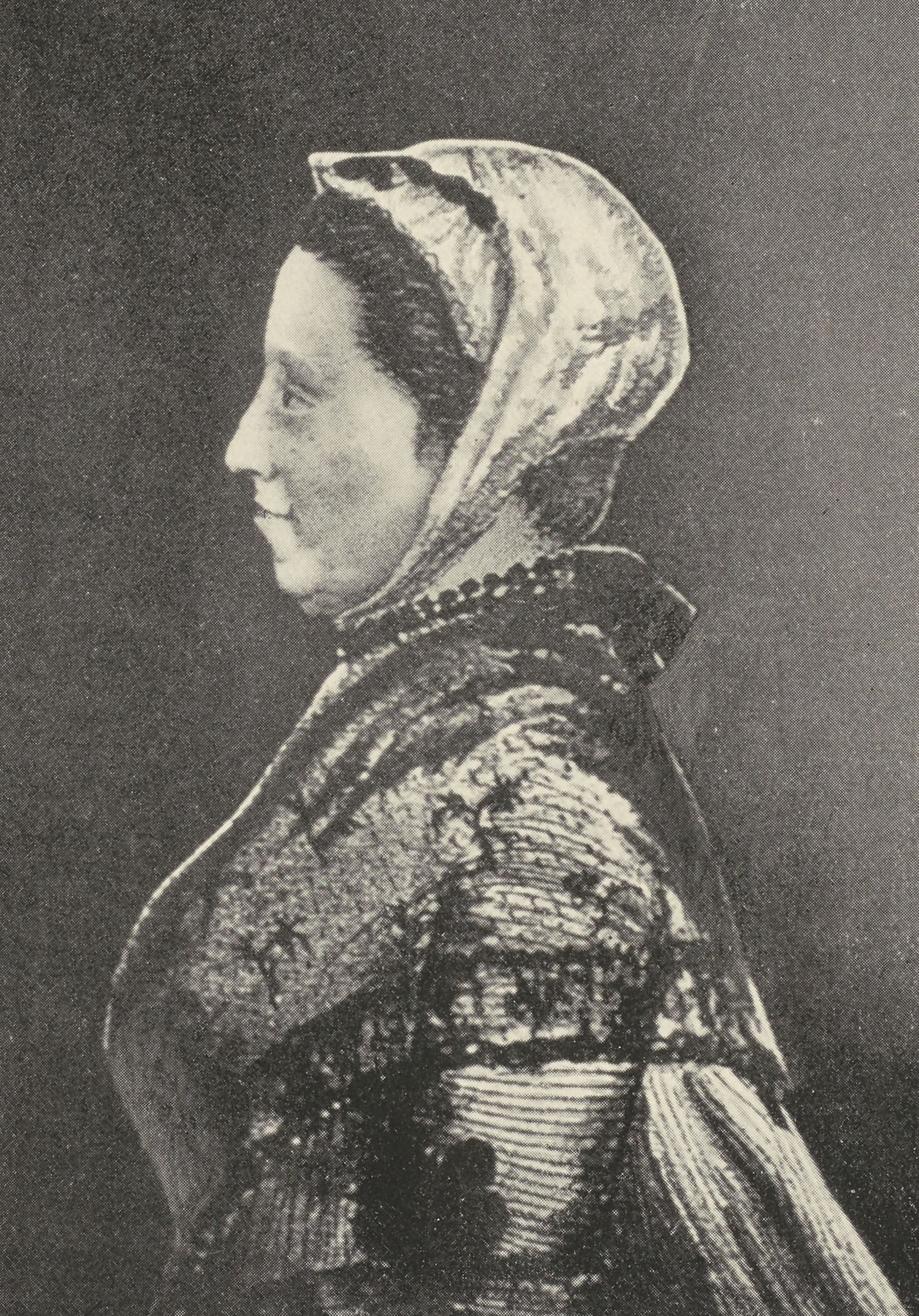Alison Cockburn (née Rutherford) (Q387431): Difference between revisions
Jump to navigation
Jump to search
Olaf Simons (talk | contribs) (Added qualifier: Online information (P146): https://dh.dickinson.edu/18cpc/node/3462, #quickstatements; #temporary_batch_1638095165139) |
Olaf Simons (talk | contribs) (Removed claim: Biographical notes (P173): Coteries: David Hume; Henry Mackenzie, #quickstatements; #temporary_batch_1638101435300) |
||
| Property / Biographical notes | |||
| Property / Biographical notes: Coteries: David Hume; Henry Mackenzie / rank | |||
| Property / Biographical notes: Coteries: David Hume; Henry Mackenzie / reference | |||
Revision as of 14:14, 28 November 2021
* 1712-10-19, + 1794-11-22, Scottish poet, wit and socialite
| Language | Label | Description | Also known as |
|---|---|---|---|
| English | Alison Cockburn (née Rutherford) |
* 1712-10-19, + 1794-11-22, Scottish poet, wit and socialite |
Statements
8 October 1712Julian
0 references
22 November 1794Gregorian
0 references
Born at Fairnilee House, in the Scottish Borders, between Galashiels and Selkirk
0 references
Overall: Alison Cockburn wrote poetry and songs throughout her life, but she evidently considered her work as "personal pieces or items to be shared with friends between dinner toasts" (DNB). As such, only a few of her poems were published, the most famous being her anonymous lyrical lament ‘Flowers of the Forest’. At first, many thought that it was an old ballad from the time of Flodden Field. Robert Burns later imitated it in his own ‘I dreamed I lay’ in 1776. Cockburn, however, is remembered more for her correspondence than her poetry. She cultivated and hosted a wide literary circle, and her letters aply described the contemporary cultural and literary scenes in Edinburgh.
Sitelinks
Wikipedia(1 entry)
- enwiki Alison Cockburn
Wikinews(0 entries)
Wikiquote(0 entries)
Wikisource(0 entries)
Wikivoyage(0 entries)
Other sites(1 entry)
- wikidatawiki Q4727053
